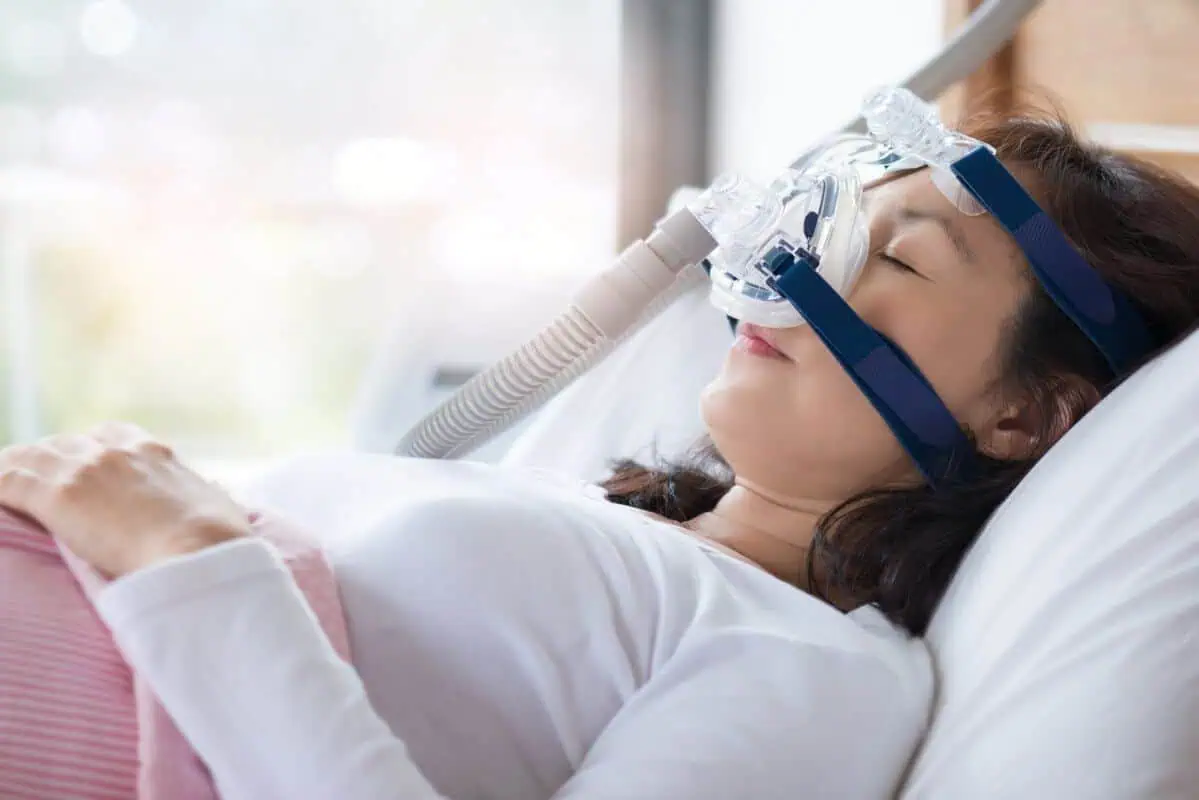Hi, I’m Dr. Chad Larson. When I have a young adult on my schedule, I can almost predict what they’re coming in for. And what I seem to find, and what seems to work clinically, was just recently validated in a published study. So I wanted to share those results with you and also talk about how it reflects what I’m seeing in clinical practice.
One thing is very common in young adults between ages 18 and 25. When I see them on the schedule, I can almost predict that they’re coming in with anxiety, depression, and symptoms that go along with that. And what I’m finding is that there are often some problems with their diet and lifestyle. I’m talking about pretty basic things, and they’re validated in this study that was actually published just a few days ago in a medical journal called Frontiers in Psychology.
It was an international study that looked at students between the ages of 18 and 25 in the U.S. and New Zealand. It surveyed over 1,100 students in that age group with a varied line of questioning and evaluations. And it arrived at some findings on a few things, namely sleep quantity and quality, exercise, and diet. They came up with some pretty clear statistics about how these things contribute to mental health and wellness. The study specifically examines mental health and wellness; not really looking at any other parameter. What does it take to maintain mental health, and on the flip side, what activities are greater risk factors for developing depression?
There are three main pillars that they identified. One pillar that certainly was significantly helpful was exercise. That particular pillar was definitely important to help mitigate depression. Also, those who had a greater amount of exercise (30 minutes a day, more days than not) had a significant increase in mental wellness.
-Dr Chad Larson
Another key thing was diet, and they particularly narrowed diet down to fruits and vegetables. Out of all the different dietary factors they evaluated, the recommended quantity of fruits and vegetables came down to 4.8, so let’s call it about five servings of fruits and vegetables per day. Those who had five servings of fruits and vegetables per day had a significant decrease in depressive symptoms, and an increase in mental wellbeing. Particularly within the category of fruits and vegetables, it was raw fruits and vegetables that had a significant improvement on mental wellbeing.
But by far the thing that had the biggest impact on mental wellness and decreasing the risk factors for depression was sleep. They looked at both quantity and quality of sleep, and they found that quality of sleep was even more important than quantity. Basically the way they evaluated sleep quality was, how do you feel when you first wake up in the morning. How you feel in the morning can really indicate the quality of sleep you had the night before. Obviously, quantity refers to how many hours they slept, and on average between 8 and 9.7 hours was shown to be the key time frame in this age group, between 18 and 25.
So, these are the three main pillars the study found for promoting mental wellbeing and mitigating the symptoms of anxiety and depression. And this is exactly what I’ve seen clinically. It’s very common. I’m seeing among patients in this age group, during the age of Covid, that the schedules of our young adults are just completely thrown off. They don’t have opportunities to engage in the normal sports they typically would. They’re at home a lot more. Their diets seem to be falling off. Their screen time has just quadrupled, if not more. Their screen time and video game play sessions are stretching into the night and even to the morning hours, and the whole circadian rhythm is thrown off. Diets are falling apart. Exercise is falling apart. All of this is a generalization, but with the young adults who’ve ended up on my schedule, these are the factors that I’ve seen over and over again. And if we could just come back to these foundational pillars, it could help to massively and significantly reduce symptoms of anxiety and depression. And now it’s been validated in this study that was just published a few days ago.
So these are the three pillars: diet, sleep, and exercise, and by far sleep is the key. So you really should make sure to follow a normal sleep pattern. Try to go to bed between, maybe, nine to eleven pm. And make sure you have the opportunity to sleep for 8 to 9.7 hours, because that’s what the study determined is best.
Younger adults typically need a little more sleep than older adults, but the same things apply to older adults as well. The subjects of this study were younger adults. Older adults maybe require a little bit less sleep. Data that I’ve read suggest between seven and nine hours. For young adults it’s a little more, 8 to 9.7 hours. And that seems to be the key thing. When proper sleep was reported, the mental health and wellness was significantly better. The further below that average optimal time, and the lower the quality of sleep, the risk for depression becomes greater and greater.
So, a few key things. If you’re not a young adult but you’re reading this or hearing this, then please make sure to pass this on to someone younger whom you can really explain it to. Because I’m really concerned about the health and wellness of our young adults right now, especially their mental health. And this recent study truly shows some very clear and pretty simple things that we can do about it.
Follow these three pillars and that will put you and your loved ones on a better track to mental health and wellness. So, hopefully that’s helpful. I’ll keep reading the studies and bringing you the information. Until then, keep it real.







